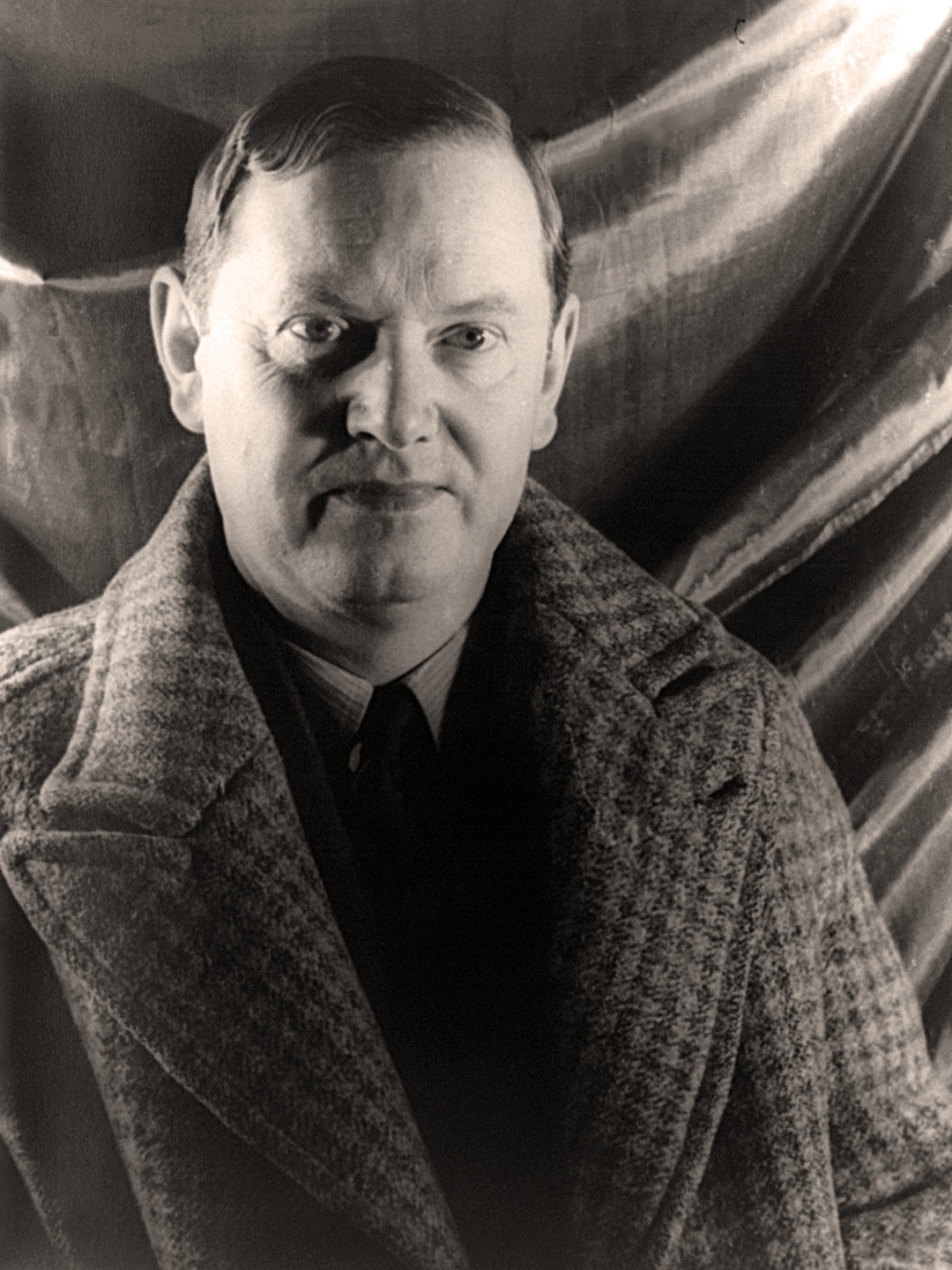“You can't ever tell what's going to hurt people.”
Forrás: A Handful of Dust
Arthur Evelyn St. John Waugh angol író.
Leginkább az olyan szatirikus és fekete humorú regényeiről ismert, mint a Jámbor pálya, a Vile Bodies, a Scoop, az Egy marék por vagy A megboldogult. Waugh sok regénye a brit arisztokráciáról és felső osztályról szól, amit annak ellenére kifigurázott, hogy szoros kötödése volt hozzá neki is. Ezen felül írt még novellákat, útikönyveket és életrajzokat is.
Wikipedia

“You can't ever tell what's going to hurt people.”
Forrás: A Handful of Dust
Forrás: Brideshead Revisited: The Sacred and Profane Memories of Captain Charles Ryder
“He did not fail in love, but he lost the joy of it […]”
Forrás: Brideshead Revisited: The Sacred and Profane Memories of Captain Charles Ryder
Forrás: Brideshead Revisited: The Sacred and Profane Memories of Captain Charles Ryder
“I had been there before; I knew all about it.”
Forrás: Brideshead Revisited: The Sacred and Profane Memories of Captain Charles Ryder
“Soon someone would say the fatal words, "Well, I think it’s time for me to go to bed.”
Forrás: Vile Bodies
Forrás: Brideshead Revisited: The Sacred and Profane Memories of Captain Charles Ryder
Forrás: Brideshead Revisited: The Sacred and Profane Memories of Captain Charles Ryder
“Art is the symbol of the two noblest human efforts: to construct and to refrain from destruction.”
Simone Weil, The Pre-War Notebook (1933-1939), published in First and Last Notebooks (1970) edited by Richard Rees
Misattributed
“You never find an Englishman among the under-dogs—except in England, of course.”
Forrás: The Loved One (1948), Chapter 1
"The Way to Fame" HTTP://BOOKS.GOOGLE.COM/books?&id=FWxbAAAAMAAJ&q=%22there+is+a+great+deal+to+be+said+for+the+arts+for+one+thing+they+offer+the+only+career+in+which+commercial+failure+is+not+necessarily+discreditable%22&pg=PA9#v=onepage
This quotes The Queer Feet http://www.cse.dmu.ac.uk/~mward/gkc/books/Complete_Father_Brown/chapter3.html by G. K. Chesterton
Brideshead Revisited (1945)
Letter to his wife (31 May 1942)
“It is typical of Oxford," I said, "to start the new year in autumn.”
Part 1, start of chapter 4
Brideshead Revisited (1945)